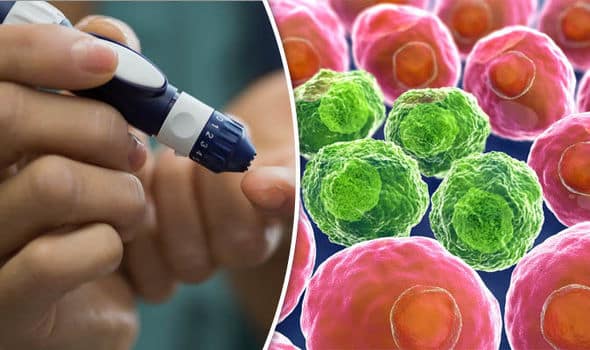Are Cancer and Diabetes Hereditary Diseases?
According to studies, cancer and diabetes are two common hereditary diseases. But is a hereditary illness similar to a genetic disorder? Let’s delve into the major differences between these two health conditions and put cancer and diabetes into perspective.
A hereditary disease simply means a condition that “runs in the family.” It is passed from parents to their children, and the process repeats for several generations. It develops primarily because of genetic mutations, which is why it is interchangeably referred to as a genetic disorder. An example of a genetic disorder is psoriasis.
On the other hand, a genetic disorder is the impairment of an individual’s DNA. It is a result of an abnormality of a person’s genetic makeup, for example, down syndrome.
How do cancer and diabetes become hereditary diseases?
Technically, cancer is a genetic disease. However, it can often look like a hereditary disease. To elaborate, if any of the parents pass a mutated gene to their child, it increases the chance of developing cancer at a later stage. It can take the form of a hereditary disease if the process continues for generations.
On the other hand, diabetes is a hereditary disease. This is mostly observed in people with type 2 diabetes. If any member of the family has diabetes, especially the parents, there is a big chance that the children will also get the disease later in life. However, it is also important to note just the genes are not responsible for diabetes. Environmental and lifestyle factors also play key roles.
Take this example: Suppose your grandparents followed a diet full of sugar or carbohydrates. This behavior can activate the genes that trigger diabetes – the genetic mutation occurs at this point. These genes will then pass down through generations and put them at risk of diabetes. Thus the next generations are more likely to acquire diabetes with triggers like poor lifestyle, lack of exercises etc..
Other than type 2 diabetes, gestational diabetes can also be considered a hereditary disease. A good number of women who develop gestational diabetes have at least one member of the family who had been diagnosed with either gestational or type 2 diabetes.
CAN CANCER LEAD TO DIABETES?
One of the common forms of cancer is pancreatic cancer. It is also the one that is closely interlinked with diabetes.
Pancreas is responsible for producing insulin that helps maintain blood sugar, and pancreatic cancer can impair insulin generation. The condition can affect blood sugar, leading to insulin resistance and diabetes in the future.
Doctor’s Recommendation
Cancer patients should know they are at a higher risk for high blood sugar levels, so they need to take steps to prevent this. Working together with both cancer and diabetes clinics can greatly improve treatment outcomes for both conditions. Additionally, cancer patients are advised to avoid alcohol. This overall approach can help improve health and well-being during cancer treatment.



